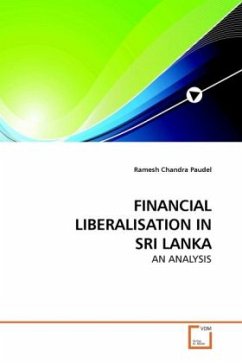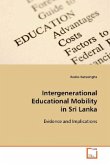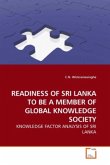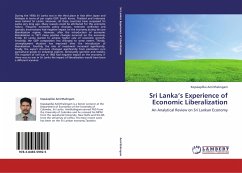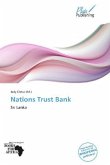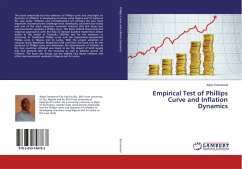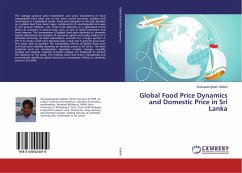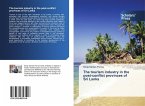A wave of financial liberalisation occurred in most developing countries during the 1970s and 1980s. Since the mid 1980s the World Bank and International Monetary Fund (IMF) started to prescribe financial liberalisation as a basic framework for developing member countries to accelerate economic growth. Sri Lanka has been involved in this process since 1977. Many research studies have been conducted showing the relationship between financial liberalisation, financial development and economic growth. There are various views in support and against on the role of financial liberalisation on economic growth. This study has tested this issue with reference to Sri Lanka using the time series data for the period of 1963 to 2005. This book will make a significant contribution in the literature of financial liberalisation and will be a very helpful tool to understand the Sri Lankan economy in brief.
Bitte wählen Sie Ihr Anliegen aus.
Rechnungen
Retourenschein anfordern
Bestellstatus
Storno

